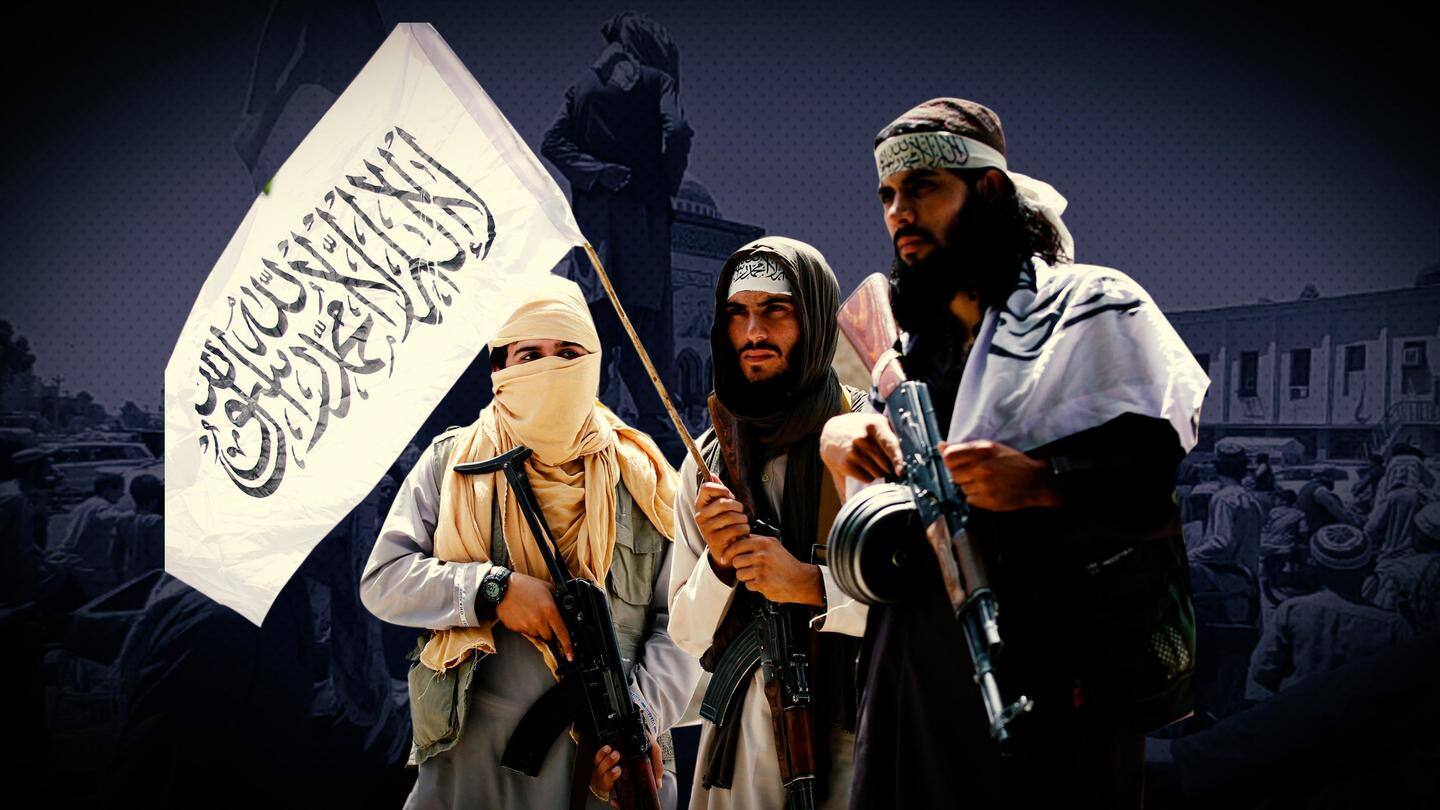
Strict punishments by amputation, execution to return: Taliban official
What's the story
The Taliban is looking to bring back executions and amputations as forms of punishment in Afghanistan, one of the group's founders said in a recent interview. Mullah Nooruddin Turabi—the chief enforcer of the Taliban's harsh rule in the 1990s—defended the group and said that "cutting off of hands is very necessary" as punishment for crimes. Turabi said the group has "changed from the past."
Details
Who is Mullah Nooruddin Turabi?
Turabi was the justice minister and head of the Ministry of Propagation of Virtue and Prevention of Vice during the Taliban's 1996-2001 rule. He was then known to have yelled at a woman journalist to leave a room, slapping a man who objected to that, beating men who had their beards trimmed, etc. Turabi—who is on a UN sanctions list—is now in-charge of prisons.
Statements
'Will now allow TV, phones, photos, videos'
Speaking to a woman journalist from The Associated Press, Turabi said, "We are changed from the past." The Taliban will now allow television, mobile phones, photos, and video "because this is the necessity of the people." "Now we know instead of reaching just hundreds, we can reach millions," he said. However, he maintained his stance of harsh punishments, which may not be public anymore.
Statements
'Cutting off of hands is very necessary for security'
Referring to public executions in stadiums in the past, Turabi said, "Everyone criticized us for the punishments in the stadium, but we have never said anything about their laws and their punishments." Turabi said the group will make laws on the Quran and will "develop a policy" on whether punishments should be public. "Cutting off of hands is very necessary for security," he added.
Reports
Taliban already shaming thieves in public
In recent days, Taliban fighters have resumed publicly shaming men accused of small-time theft. Reportedly, at least on two counts, men in Kabul have been paraded around in a truck, with some having their faces painted to identify them as thieves. Some others had stale bread hung around their necks or stuffed in their mouths.
Previous rule
Which forms of punishment has Taliban used in the past?
During the Taliban's previous rule, convicted murderers were executed by a gunshot to the head either in Kabul's sports stadium or at the Eid Gah Mosque. The victim's family usually carried out the execution. They could also let the convict live in exchange for "blood money." Thieves had to have their hands amputated, while robbers would have a hang and a leg amputated.
Changes
Had complete safety in 1990s: Turabi
Further, defending the 1990s rule, Turabi argued, "We had complete safety in every part of the country." Interestingly, Kabul residents also conceded that the capital has become safer since the Taliban took over Afghanistan last month. Residents told AP that crime after dark has reduced due to the Taliban's harsh punishments compared to before when thieves used to roam the streets.